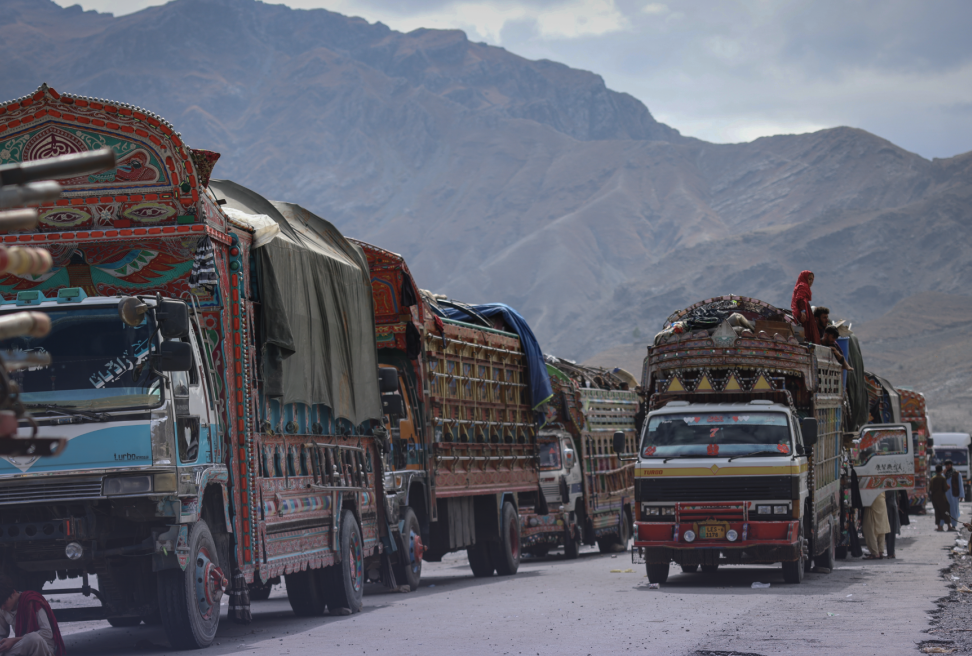
The International Organization for Migration (IOM) on April 15 reported that nearly 60,000 Afghan refugees have been forcibly deported from Pakistan so far this month. The latest wave of forced deportations comes amid a nationwide effort to expel foreigners, whether they are residing in Pakistan legally or illegally, in the name of “national security.” Amnesty International criticized the Illegal Foreigners Repatriation Plan (IFRP) for being ambiguous in its criteria for deportation.
Meanwhile, media attacks on Afghan refugees, labeling them “traitors,” “terrorists” and “criminals,” have only intensified the level of discrimination against them. Minister of Interior Moshin Naqvi in January announced that Afghan refugees would be prohibited from residing in Islamabad without a “no-objection certificate,” a prohibitively difficult document to acquire.
Although the government had provided reassurance to the Supreme Court of Pakistan that the forced deportations would not affect Afghan refugees who hold valid documentation, the United Nations High Commissioner for Refugees (UNHCR) has reported that documented refugees are also facing evictions and arrests. Last year’s previous wave of deportations under the IFRP saw 800,000 Afghans, many of whom had resided in Pakistan for decades, being driven into Afghanistan, where they face renewed threats under the oppressive Taliban regime.
Women and girls who have been receiving education in Pakistan are stripped of their fundamental right to education when they are repatriated to Taliban-controlled Afghanistan. Human Rights Watch has reported that individuals who have links with the previous Afghan government’s security forces are also vulnerable to becoming victims of violent reprisals such as extrajudicial killings, enforced disappearances, arbitrary detention and torture.
The rates of deportation have soared since the relationship between Pakistan and Afghanistan has broken down, amid increased militant attacks in the border areas. Refugees who have been deported to Afghanistan have cited minimal access to food, clean water and housing as among the many adversities that they face daily. Rights groups say Pakistan’s forced deportations are in contravention of various international human rights instruments, including the 1951 Refugee Convention.
Article 33 of the Refugee Convention codifies the principle of non-refoulement, which bars states from returning refugees to a territory where their life or freedom would be at risk. However, Pakistan is not a signatory to the Convention. It is hoped that other countries that have taken in Afghan refugees, such as the United States, along with the international community as a whole, will increase pressure on Pakistan to halt its inhumane practices.
From JURIST, April 16. Used with permission.
See our last reports on forced repatriation of Afghan refugees and the Taliban anti-woman crackdown.
Photo: IOM




